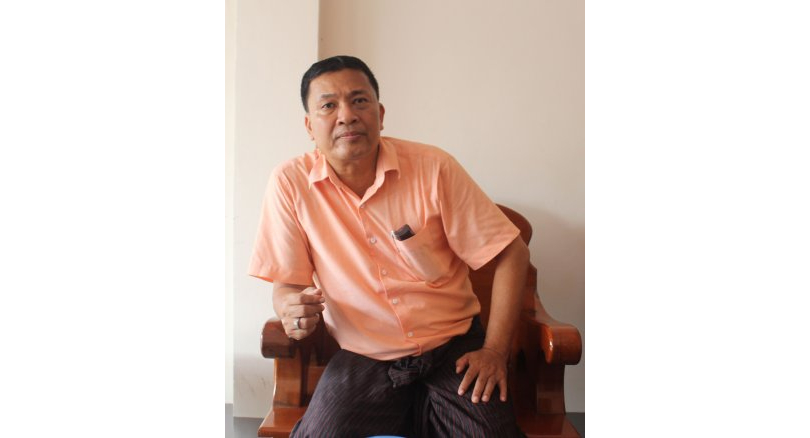Myanmar businesses urge closer ties with Kanchanaburi
HIGH POTENTIAL of Myanmar’s Tanintharyi Region could be unlocked only if the government attempts to strengthen bilateral cooperation with the neighbouring Kanchanaburi Province, according to Ye Htut Naing, president of Tanintharyi Region Chamber of Commerce and Industry (TCCI).
“Myanmar and Thai businesses have planned to implement the ‘sister cities’ initiative between Dawei and Kanchanaburi. Now it is time to speed up our efforts,” he said.
He stressed the importance of support from the Union Government as well as the regional authorities to realise the proposal by the private sector.
“Recently, I received a lot of Thai businesses based in Kanchanaburi. I can obviously see how eager they are to play a role in creating sister cities for mutual benefits. Likewise, we Myanmar businesses want this MoU [memorandum of understanding] to be signed as soon as possible,” he said.
As part of the initial plans for closer cooperation, the region will focus on improving tourism in cooperation with Kanchanaburi authorities.
“Kanchanaburi received over 9 million visitors last year. There are also a lot of interesting places to visit in Tanintharyi Region. For instance, Myeik archipelago and 9 Shin pagodas in Dawei could become favourite tourist spots if we do the branding well. If the two cities cooperate, we can attract tourists visiting Dawei to visit Kanchanaburi and vice versa,” he said.
In a bid to promote tourism in the region, plans are under way to hold the Tanintharyi Travel Festival in its capital, Dawei.
“Now we are in discussions with regional authorities, tourism experts and stakeholders. Here, there is a lovely custom that people from all walks of life usually lends a helping hand to make things happen, whenever we do good deeds for the community welfare. So, I believe we can make it happen soon,” he said.
He considers the Maungmagan and other beautiful beaches as well as famous pagodas in Dawei as major attractions to promote tourism in the region.
According to Ye Htut Naing, tourism is one of three core areas the chamber would emphasise on this year, along with improving border trade and capacity building.
“We also need to focus on reducing the trade deficit through our three main border gates-Kawthaung, Maw Taung and Htee Khee. Generally, imports from Thailand account for over 75 per cent of the trade volume. We need to improve manufacturing value-added products to boost our exports. Productivity is crucial,” he said.
He added some imports such as fruits, vegetables, and consumer goods led to negative impacts on small and medium enterprises in the region.
“We cannot compete with Thai businesses in terms of technology and pricing. They are usually more competitive, as they can produce a lot. We still need to improve our quality and productivity,” he said.
He considers the region’s limited access to electricity as a major obstacle for local businesses. He blames the lack of infrastructure for higher production costs.
According to Ye Htut Naing, mining, tourism, fishery and rubber production were the most important sectors for the regional development. Most of the members of TCCI have been involved in those lines of businesses for many years.
TCCI now has nearly 800 members who are doing business in the region. It hopes to welcome a large number of new members in the next few years.
As part of its efforts to produce local talents, a training school for human resources development is set to open on February 13, the birthday of the late General Aung San. There, language classes (particularly Thai and English) and vocational trainings on computer proficiency and cooking will be prioritised.
Additionally, the chamber has planned to telecast a new business talk entitled “Future Dawei”, in which economists and businesses will discuss on opportunities in the region.
The chamber chief said local businesses were fairly satisfied with the regional government’s activities. He urged the authorities to engage further with business people.
“We appreciate the government’s goodwill and hard work. But they need to keep in touch with local businesses. Effective dialogues between the public and private sector should be there regularly, depending on different clusters. Only then, they will fully understand the needs of businesses and can find the best solution. All of us need to join hands to strive for the common goal of regional development,” he said.
Source: http://www.nationmultimedia.com/detail/Economy/30336968


 English
English




